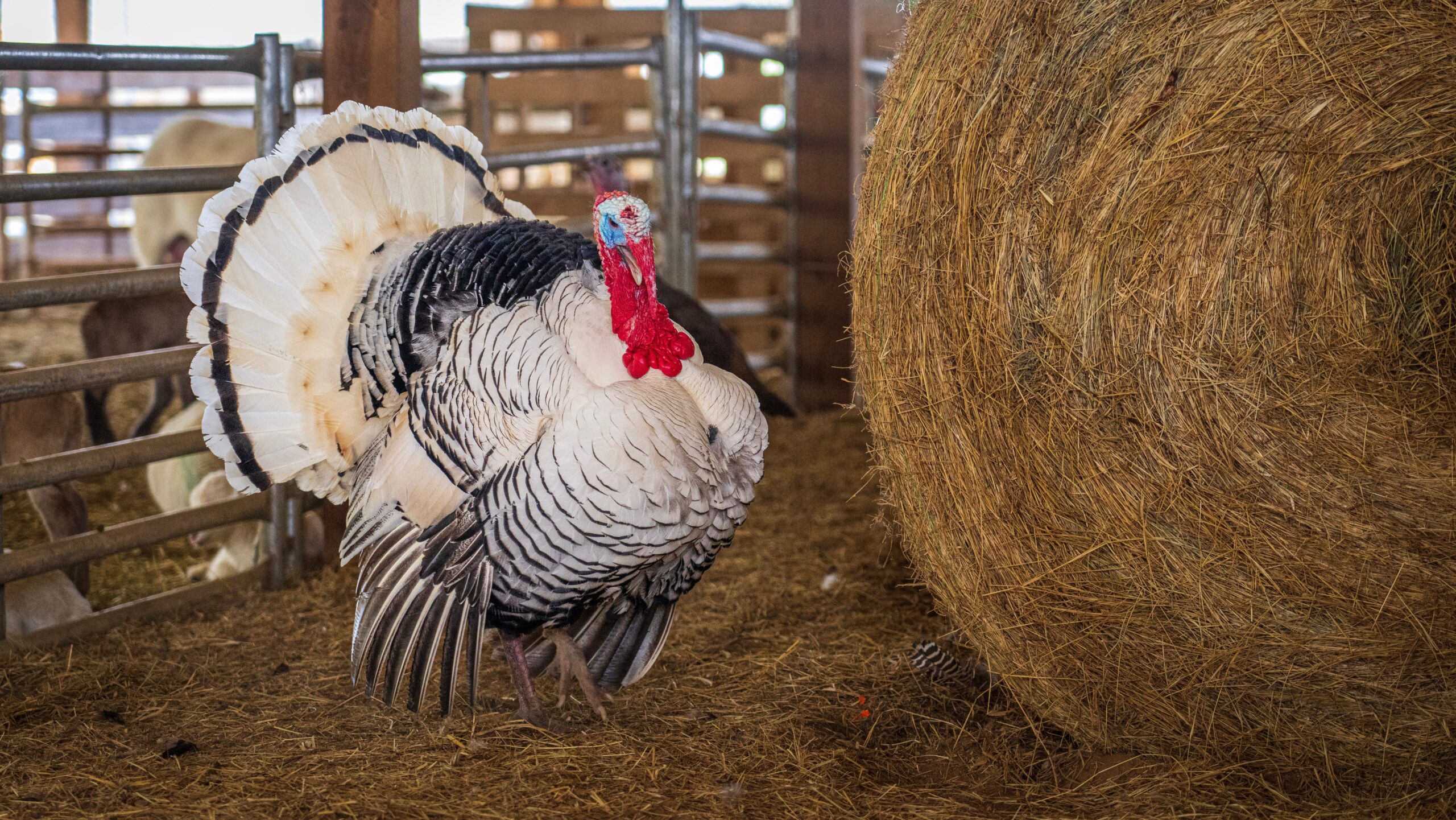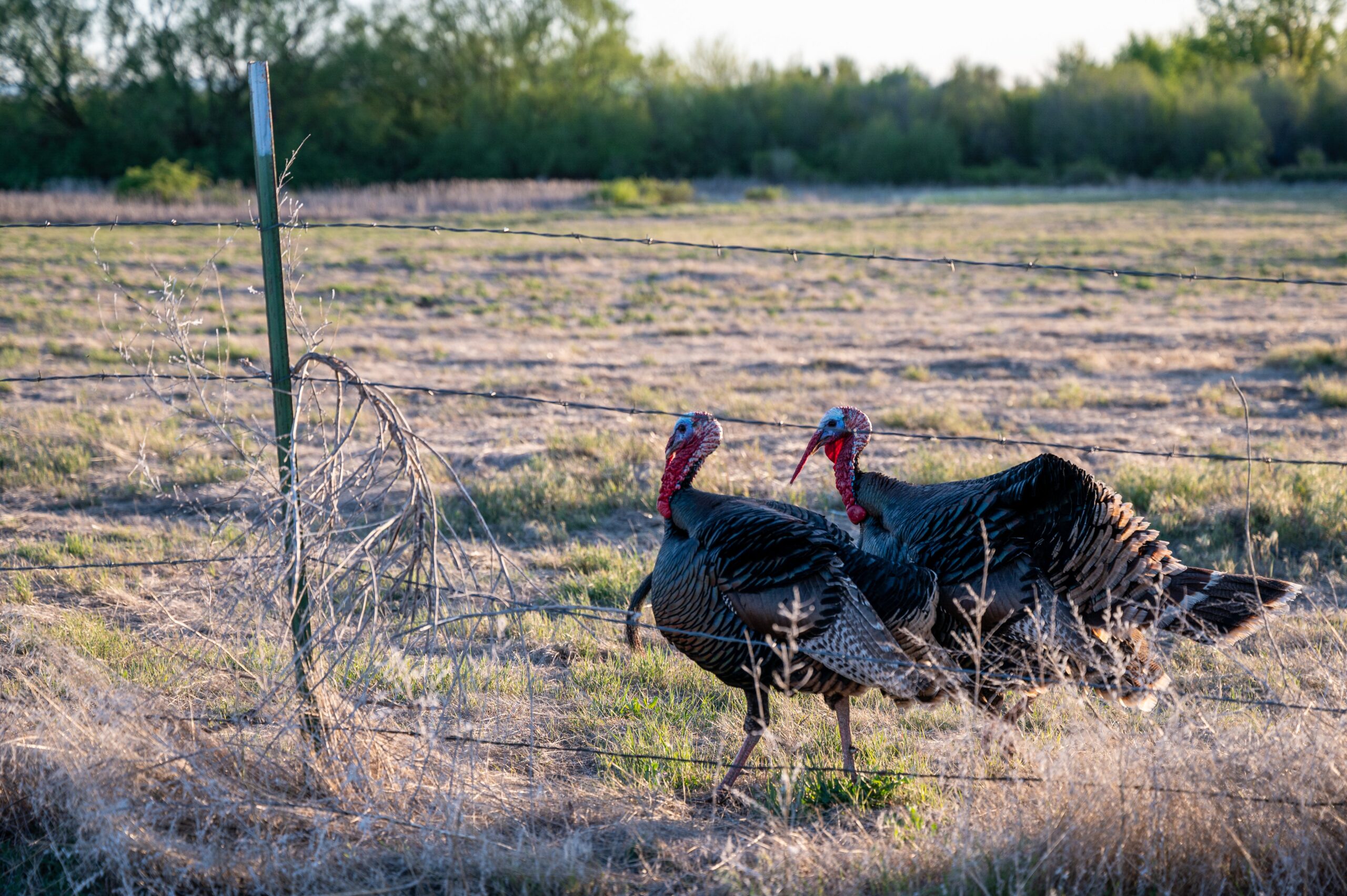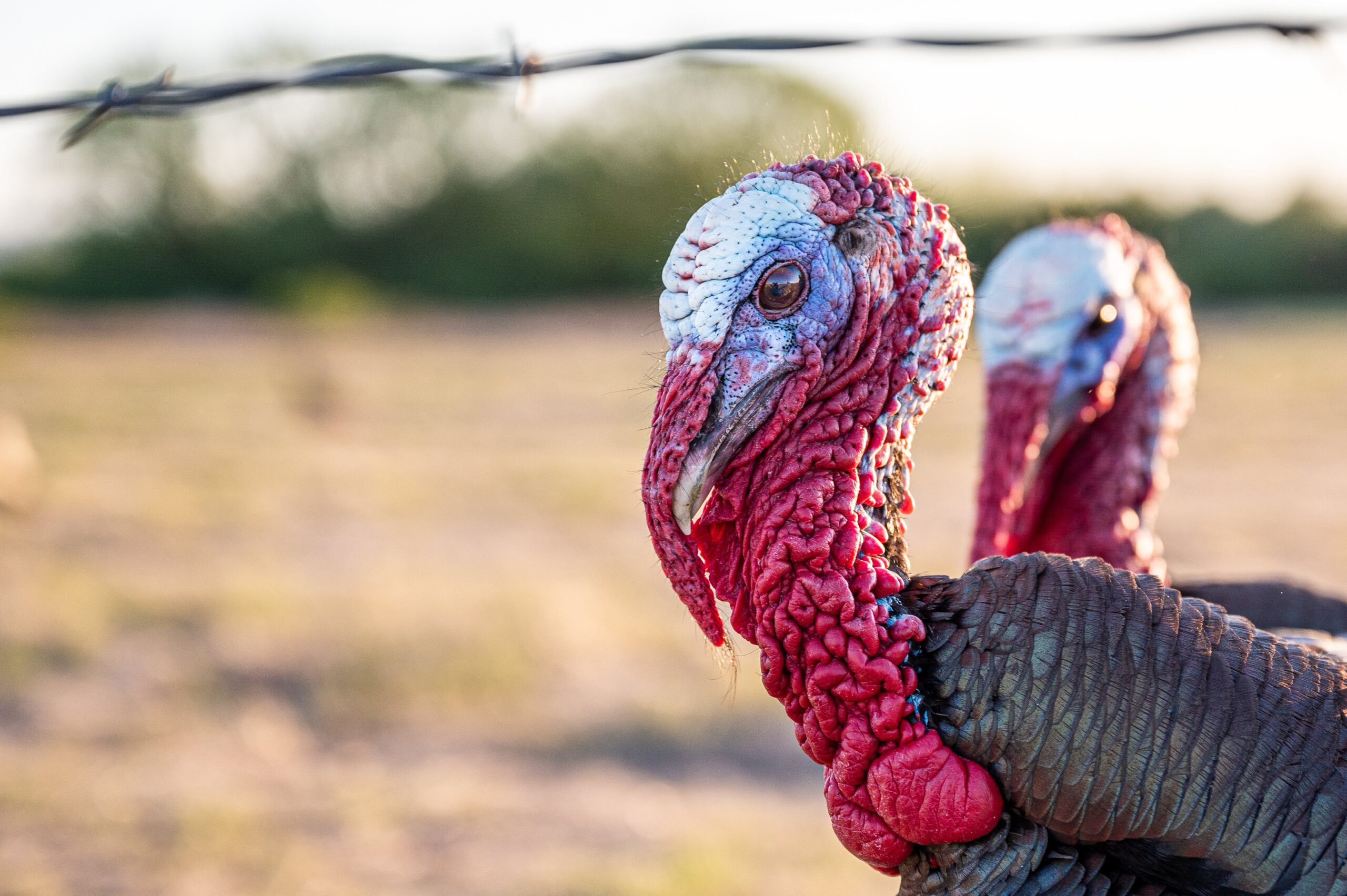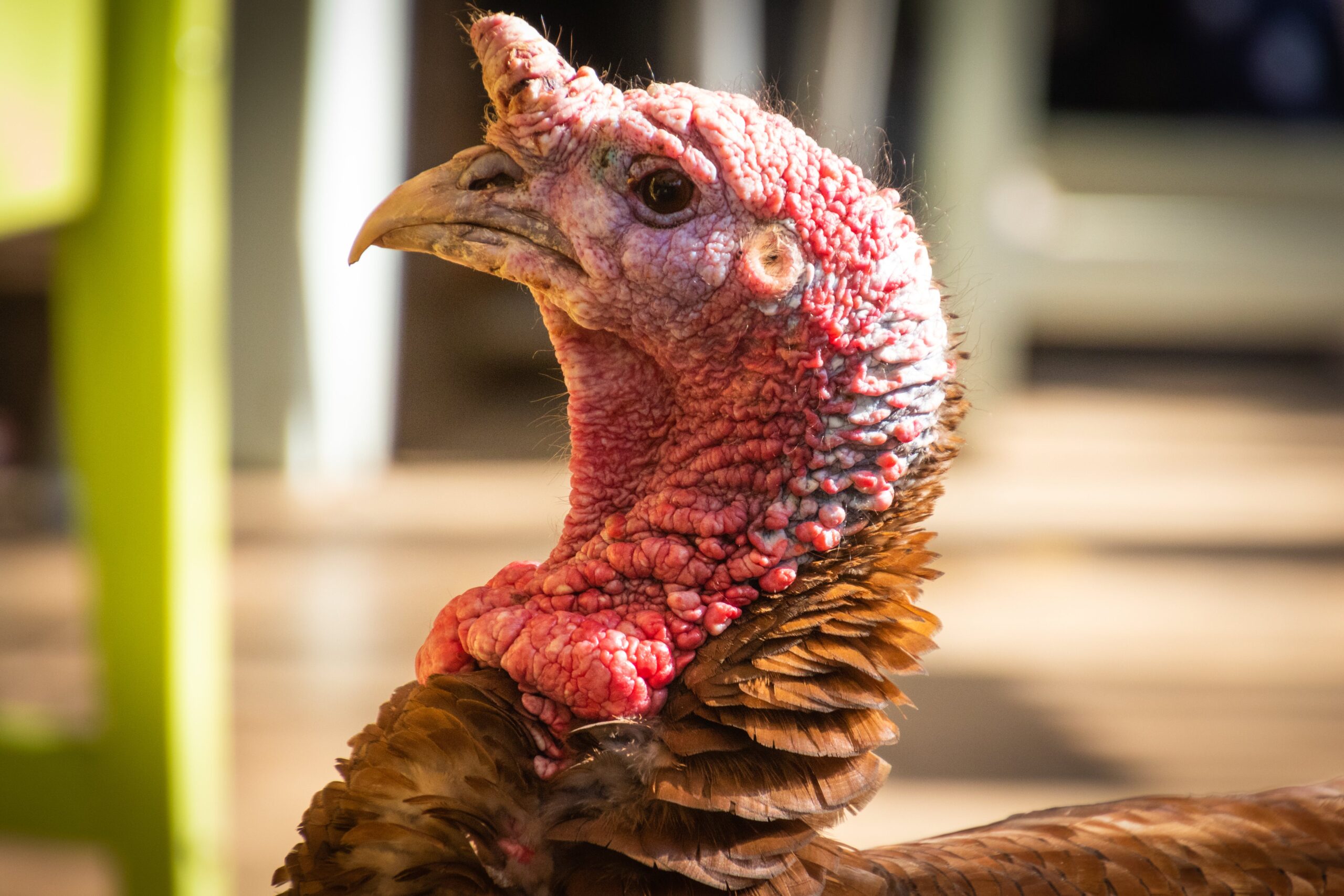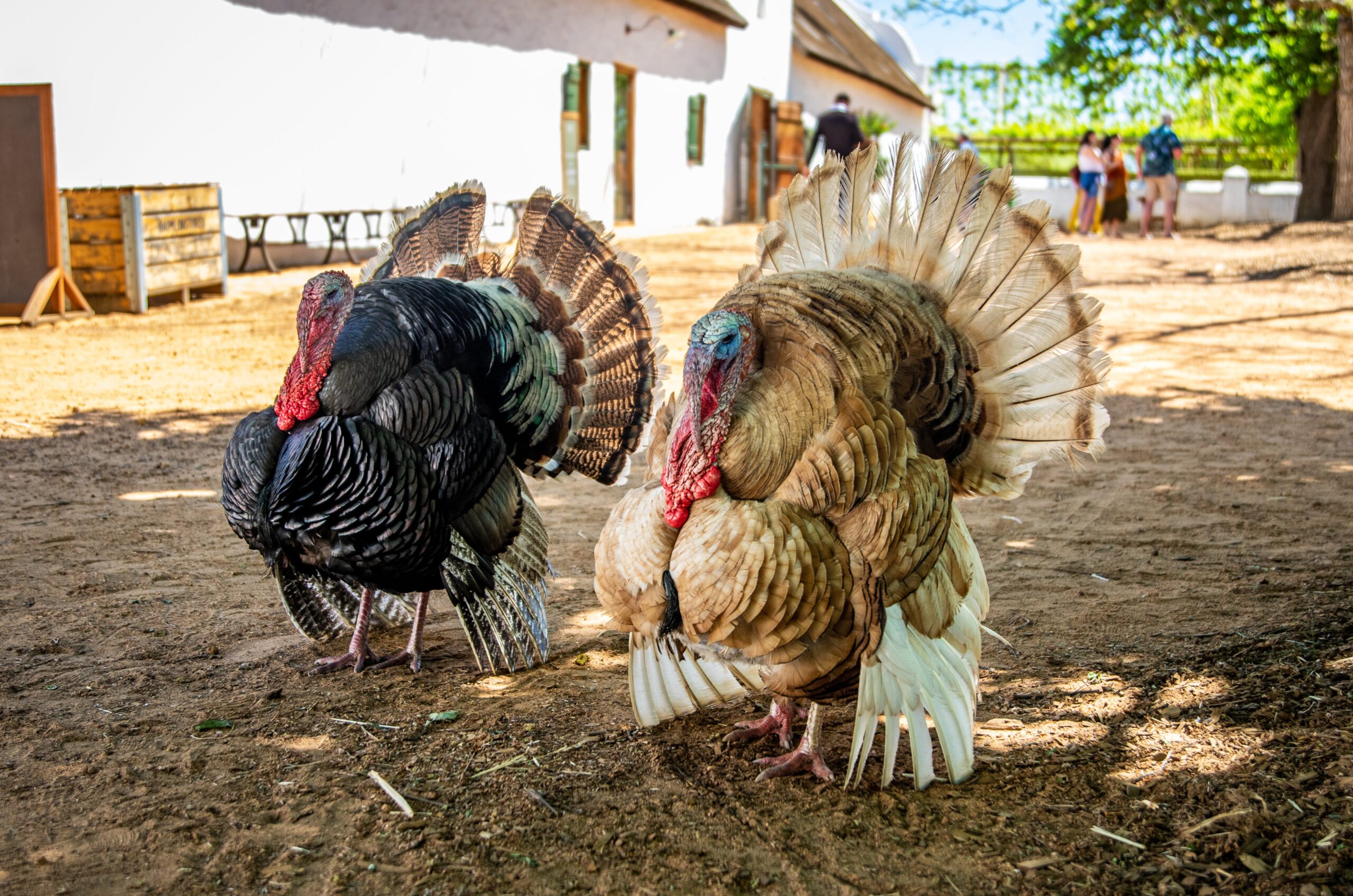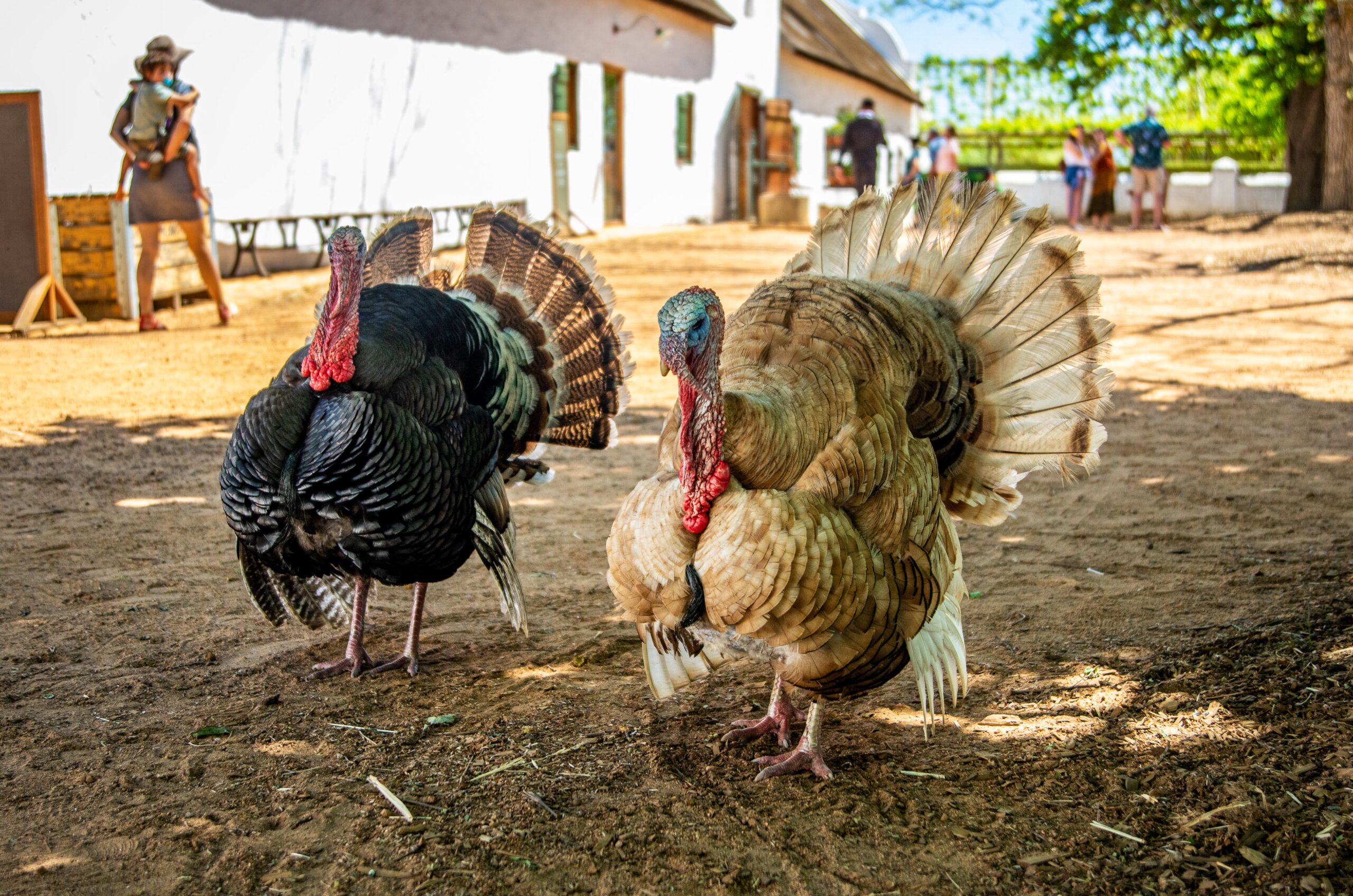Are turkeys solely Thanksgiving centerpieces, or could they hold a secret in their nests that we’ve been overlooking? It’s easy to associate these grand birds with festive dinners, but what about their eggs? In this comprehensive article, we’ll crack open the world of turkey egg production, compare it to the more familiar chicken eggs, and discover opportunities for those interested in raising turkey hens.
Understanding the Reproductive System of Turkeys
To grasp turkey egg production, we need to start by understanding the reproductive system of these birds. Female turkeys, known as hens, possess a complex reproductive system that allows them to lay eggs. Though their reproductive anatomy shares similarities with that of chickens, there are differences in their physiology and egg-laying patterns.
Can turkeys lay eggs?
The simple answer is yes; turkeys can and do produce eggs. However, turkey hens have a different laying routine, unlike their chicken counterparts. They are seasonal layers, with peak egg production occurring in the spring. The frequency and volume of turkey egg-laying can vary significantly from bird to bird and breed to breed.
Factors Affecting Egg Production in Turkeys
Many elements influence how prolific a turkey hen might be in egg production. These include:
- Breed: Heritage breeds often produce fewer eggs, while broader commercial breeds may lay more.
- Daylight: Like many birds, sunlight exposure affects their laying cycle.
- Age: Younger hens tend to lay more eggs than older ones.
- Diet and Health: Proper nutrition and good health are essential for consistent egg production.
Benefits of Turkey Eggs
Turkey eggs are packed with nutrients and can be a delectable alternative to chicken eggs. They are generally larger, contain higher calories, and are rich in protein and essential fatty acids, making them a hearty ingredient. Despite their benefits, turkey eggs are less commonly found in markets for economic reasons; turkeys produce fewer eggs and require more space and resources.
Tips for Raising Turkey Hens for Egg Production
For those interested in raising turkeys for egg production, consider these tips:
- Select egg-laying breeds: Opt for breeds known for their laying capabilities.
- Maintain a daylight-rich environment. Use lighting to simulate longer days, if necessary.
- Focus on nutrition: Feed your turkeys a diet rich in protein and calcium to support egg production.
- Keep them healthy: Manage parasites and diseases through regular health checks.
Turkeys as pets
While raising turkeys for eggs is less common than raising chickens, turkey hens can make excellent pets, and yes, they will gift you with eggs seasonally. Keeping turkeys as pets requires space, as they are larger birds and a commitment to their care and well-being.
Conclusion
Turkey eggs may not be the staple on breakfast tables, but there is much to admire about these intriguing avian offerings. Not only do they provide a rich source of nutrients, but they also extend the utility of turkeys beyond meat production. With proper care, nutrition, and breed selection, turkey egg production can be rewarding for poultry farmers and backyard homesteaders.
Turkeys represent both tradition and potential in the realm of poultry. By cracking the mystery of the turkey egg, we uncover a whole new perspective on these fascinating birds. So next time you spot a turkey egg, remember, it’s not just a twist on a classic—it’s a testament to the versatility and untapped opportunities within the poultry world.
—
